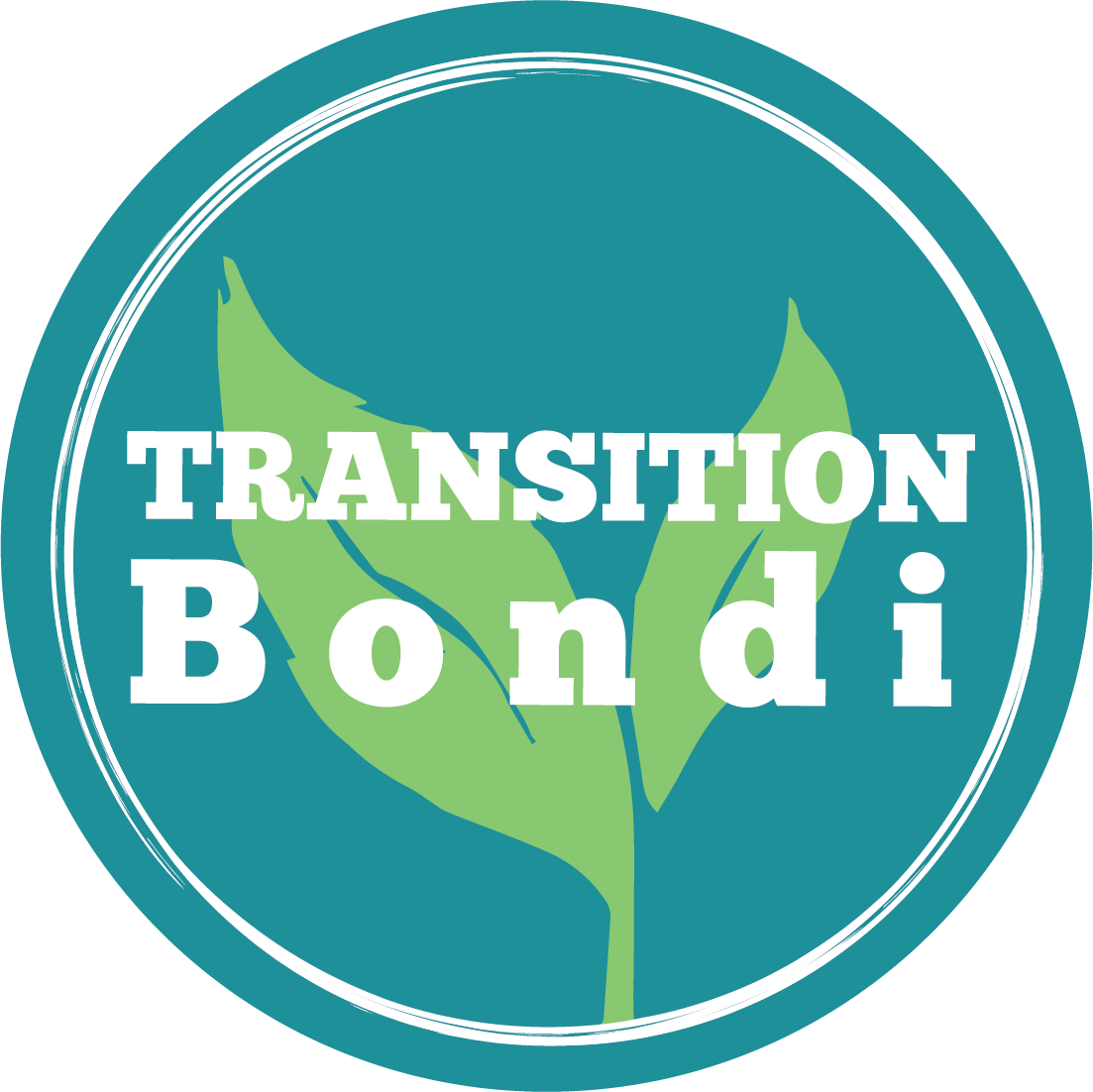Inner Transition: Non-Violent Communication
Recently we hosted an informal workshop on Non-Violent Communication in the Inner Transition monthly series. Caroline Crumlish presented, and has written this short article on the subject:
Marshall Rosenburg, the creator of Non-Violent Communication (NVC), uses the term non-violence in a similar way to Ghandi. Ahimsa, the buddhist principles of non-violence was at foundation of Ghandi’s work and can be translated as causing no injury. Marshall Rosenburg also defines it as “a natural state of compassion when violence has subsided from the heart”.
What does it mean to be violent?
To be violent you are using force, either upon yourself or another, which takes you away from your natural sate of compassion to all beings. This does not have to include physical violence – it is any expression, such as thoughts or words, that lead to hurt or pain.
As a practitioner of NVC I have witnessed many times the transformative qualities of NVC in my relationships: with myself, my friends, my family and my community. Any stranger you meet, when approaching them with NVC, becomes a friend.
Myself: Solo practice
When I start thinking negative thoughts about myself such as – “I have no friends”, or “I hate my life”, I am able to use NVC to support me in gaining clarity and acceptance. For example, “I have no friends” can quickly be turned around: When I tell myself I have no friends I feel sad and ashamed as I have a need to matter, belong and connect. Then the next step is to make a request for myself which is doable and will support these needs. Such as: I will text a friend and ask her if she is available to talk on the phone tonight or tomorrow. “I hate my life” can be turned around into: When I tell myself I hate my life I feel despondent and tired as I have a need for rest, hope and acceptance. My request to myself that is doable would be to take a bath or meditate or think of five things that have meaning for me.
My friends
The other day after yoga I was feeling tired and I expected my friend to drive me home. She told me that she needed to get home to feed her dog so she couldn’t drop me off. When I remember her saying that I feel angry, dejected, lonely and unsupported as I have a need for support, understanding, ease and rest. Instead of dwelling on these feelings and blaming her for creating them, I choose an NVC approach where I also consider her needs. She needed ease, rest, assurance. It’s not about getting these needs right. It’s about choosing to try and understand what is going on for ourselves and others in times of conflict and from this act of compassion, we become lighter and more hopeful. A helpful saying that I’ve heard many times is that “we are all just walking each other home”. Yes obstacles get in the way. It’s how to see over these obstacles and get back on the path of love and compassion towards ourselves and others that matters.

